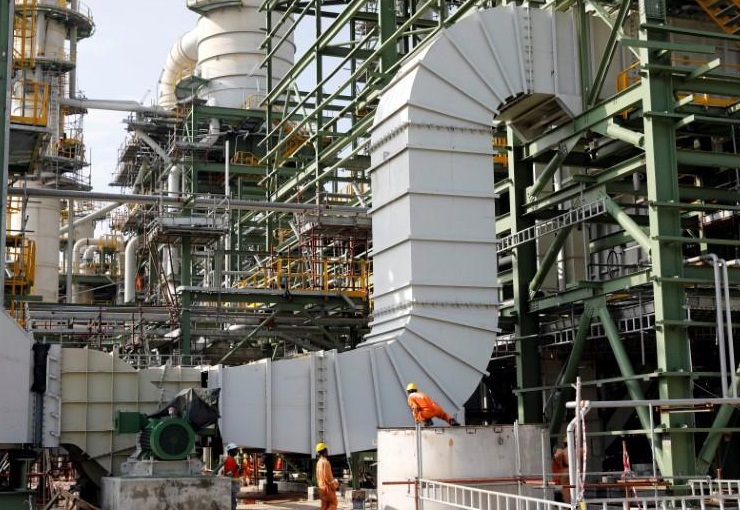Features
The Duties of Mechanical Contractors
Mechanical contractors oversee mechanical projects.

Mechanical contractors oversee various processes within a project that deal with machines and are mainly in charge of the production and installation of mechanical systems.
As experts in mechanical construction, mechanical contractors are responsible for piping, plumbing, refrigeration, as well as heating or cooling systems of a building.
Some mechanical contractors work on a project during the installation of systems while others undertake maintenance and repairs throughout the lifecycle of a building.
In simple terms, the job of a mechanical contractor is to design and install mechanical systems as well as to repair problematic systems.
It is worth noting that mechanical contractors are not restricted to working on construction sites. There are numerous opportunities outside of building sites.
They can work in food processing, automotive, and other sectors that require the design and installation of mechanical systems.
Mechanical Work
Construction mech is so dynamic as projects usually come in various scopes – from small residential housing projects to large-scale commercial developments.
Mechanical work includes: –
1.) Electrical Systems: This includes a network of electrical components that supply, distribute, and use electricity such as power lines, poles, transformers, and other equipment.
2.) Refrigeration Systems: This involves the artificial cooling of a space, which is done either by transferring heat around or moving it from one part to another.
3.) Plumbing: This includes pipes, tanks, fittings, and other elements that control the water supply, heating, and sanitation of a structure.
4.) HVAC Systems: This includes heating, ventilation, and cooling or air-conditioning apparatus.
Duties of Mechanical Contractors
For most construction projects, mechanical contractors often design mechanical parts away from a construction site and install them once they arrive at the site.
This often requires them to rely on VDC/BIM solutions that allow teams to virtually construct a house before actually constructing it at the site.
Through these technologies, mechanical contractors can arrest design issues long before construction happens – thus helping builders to avoid costly reworks.
In addition to technical skills, mechanical contractors must be able to handle managerial tasks such as managing workers, delegating tasks to members of the team, monitoring, etc.
Salary of Mechanical Contractor
The average salary for a mechanical contractor, according to Indeed.com, ranges between $40,000 a year for a project manager and $89,443 a year for a service manager.
How to Become a Mechanical Contractor
In many countries, an individual must obtain a bachelor’s degree in the area of mechanical expertise in which they wish to work.
In addition, an individual must obtain a license to operate in their country.
Quite often, individuals are required to take a written and practical examination proving they are qualified enough to operate as a mechanical contractor.














